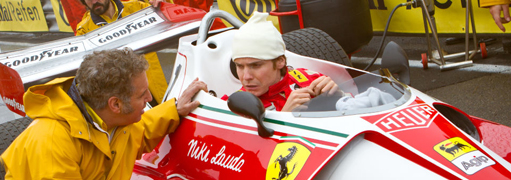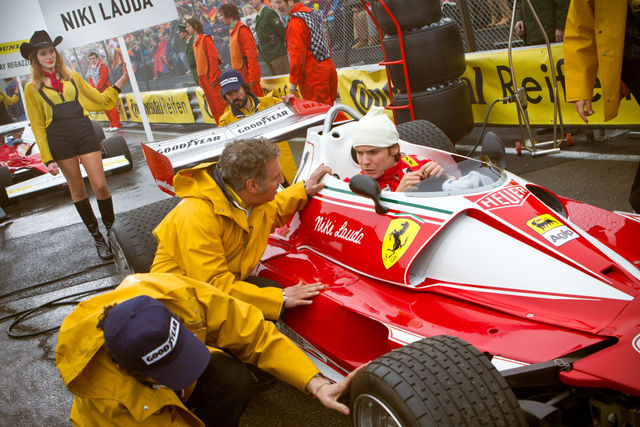Film Review: Real Life Formula 1 Racing Drama Rush Is Fast, But Only Slightly Furious
Ron Howard’s European Race Car Drama Is Fast But Only Slightly Furious


“Here’s the plan: Go really fast around the track.”


